 Open Class Observation
Open Class Observation
1 February – 31 May 2019
Open Class Observation aims to promote and strengthen the professional sharing and exchange of different teaching practices among EdUHK academic and teaching staff in their classrooms. Sixteen Open Class Observations have been launched by Faculties from January to May 2019.
| Date, Time & Venue | Topic |
|---|---|
| 17 Jan 2019 16:30 - 18:20 D3-LP-02 |
Spontaneous Speech In this session, students will be taught some pronunciation features, such as sentence stress with content words and tonic syllables by different activities. Techniques in 2-way discussion will also be explored. 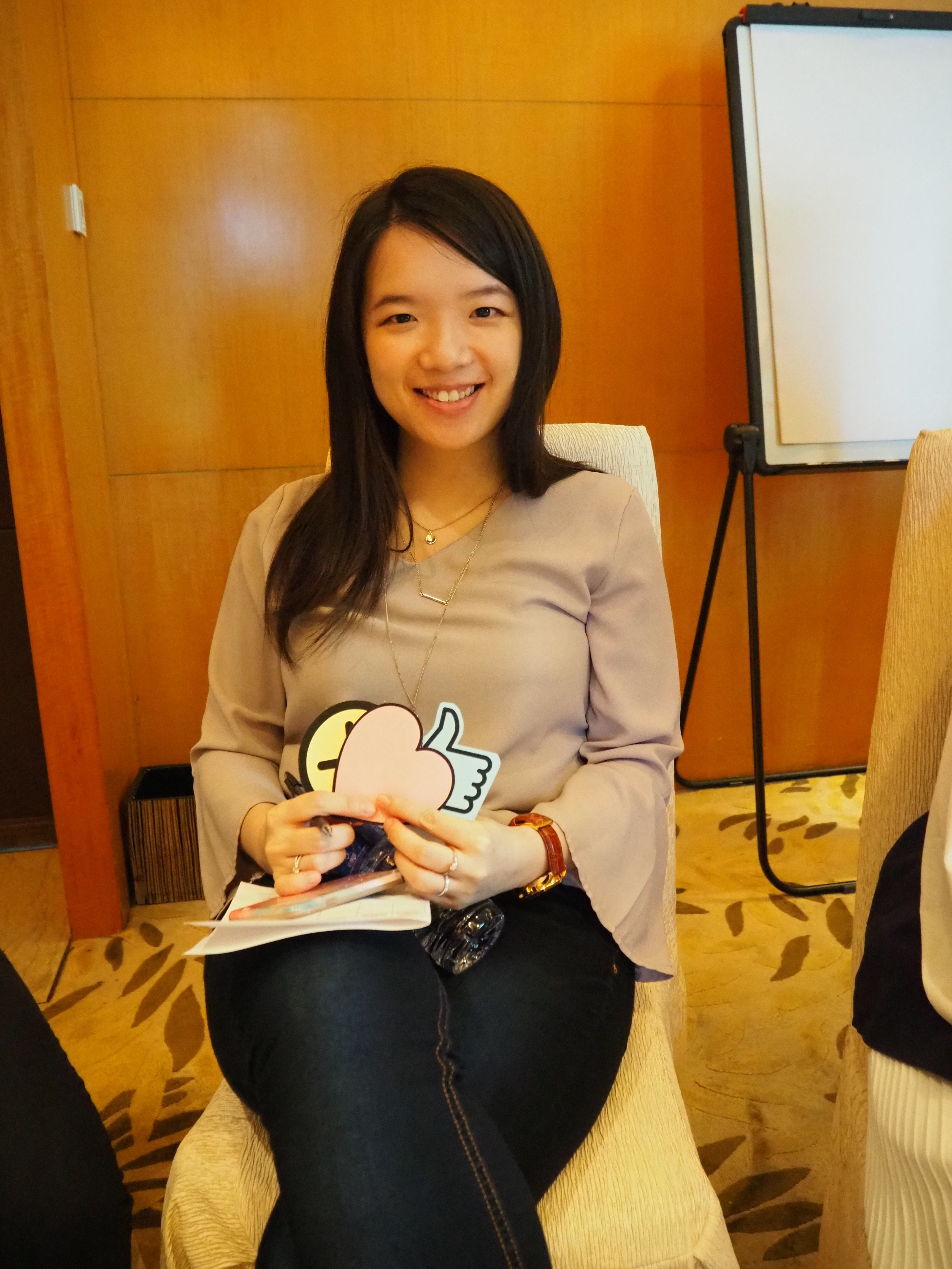 by Ms CHOW Wing Yee Cherry (CLE) |
| Jan - Mar 2019 online learning module |
Curriculum Orientations In the online lesson, students are required to complete two online activities by mid-night of Tuesday, 22 Jan. The online activities are: 1. A Google Form activity consisting of 3 MCQs, which induct students to the topic before they learn more through a short reading. 2. A Moodle Forum discussion activity comprising 4 mini cases. - Each student will select 2 mini cases by clicking into the case discussion link and posting their answers to 3 discussion questions. - Then by mid-night of the following day (Wednesday 23 Jan), each student will provide comments to other classmates’ responses to the discussion questions of the other 2 mini cases. Students are provided with a lesson PPT (in PDF) as well as step-by-step instruction to guide them through the activities. 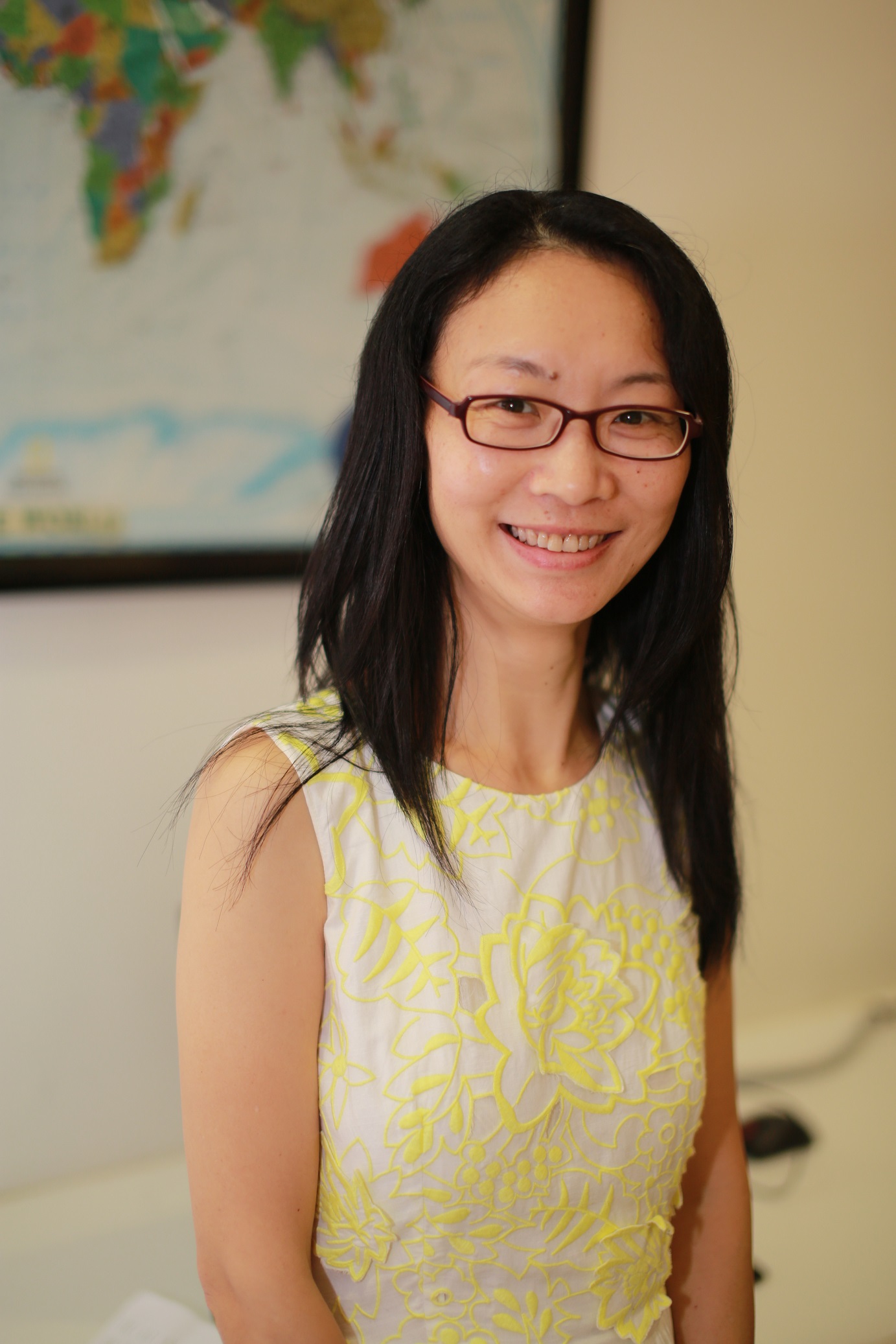 by Dr YANG Min (C&I) |
| 23 Jan 2019 15:30 - 17:00 E-1/F-07 |
Mobile Apps in Sports for Data Collection The use of the mobile application (Apps) in sport is an evolving activity, while its application in PE/sports-related research is limited. Its ease of use and accessibility results provide more opportunities for use in PE/sports-related research. This open class is going to introduce two validated Apps to students to facilitate their data collection in Honours Project, and to be creative in their research design. During the class, teachers used the Apple “Classroom” Apps to monitor and facilitate the use of Apps in the students’ iPad for learning.  by Dr CHOW Chi Ching Gary (HPE) |
| 28 Jan 2019 15:30 - 17:20 B2-LP-22 |
Teaching Pronunciation Features under Childhood Memories Under the topic Childhood Memories, the lesson will teach how chunking is used in English speaking to produce a more natural utterance and how the pronunciation of “ed” sound in English is in order to achieve pronunciation accuracy in using past tense. Lexical resources will also be built under the Childhood topic. In this lesson, it will demonstrate how varieties of technologies can be incorporated into an English lesson to do concept check, to consolidate vocabulary learning or to do peer evaluation.  by Ms CHAN Ka Yee Shirley (CLE) |
| 1 Feb 2019 10:30 - 13:20 D4-G/F-01 |
Designing and Organising Teaching Unit* The lesson will be delivered in the form of workshop. Students are divided into groups of 3 or 4. Each group will work on a curriculum topic from the primary mathematics curriculum. Instructor will move around groups to monitor and give advice. At some point, groups will report their work to the class. Sharing across groups includes objectives, choice of content, activity design and organisation, assessment etc.  by Dr FUNG Chun Ip (MIT) |
| 12 Feb 2019 18:30 - 21:20 B4-LP-04 |
Effective Parenting Strategies In this session, different issues, attachment and co-sleeping, related to parenting infants and toddlers will be introduced to promote positive parent-child relationships and children’s developmental outcomes. Students will engage in case studies and small group discussion to maximise their understanding of the concepts.  by Dr LAU Yi Hung Eva (ECE) |
| 14 Feb 2019 16:30 - 18:20 D2-LP-08 |
Explaining One or Two Poems of Huang Tingjian† To compare the differences between the notes of three different annotators in Huang Tingjian's poems, and further to understand the rich connotation of Huang's poetry.  by Dr SHANG Haifeng Aaron (LCS) |
| 15 Feb 2019 15:30 - 18:20 D2-LP-12 |
Constructivist Approaches to Instruction Students will be introduced to the key concepts and characteristics of constructivism, different constructivist strategies in teaching including problem-based learning, discovery learning and cooperative learning, as well as the elements of effective group learning. Video and case study will be adopted to consolidate students’ understanding and application of the course content, and to enhance the communication and interaction among students. 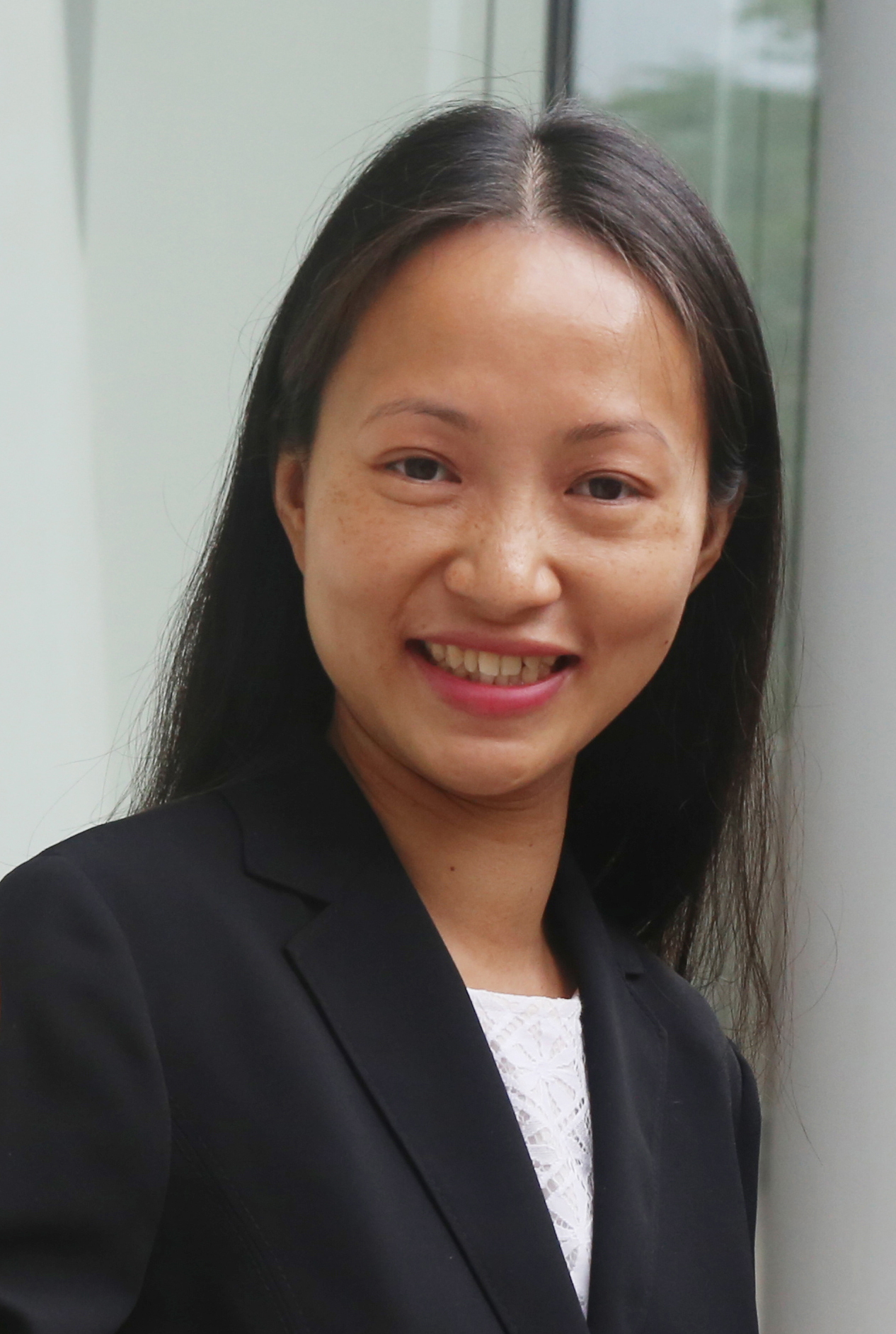 by Dr CHENG Wing Yi Rebecca (PS) |
| 19 Feb 2019 12:30 - 16:20 D4-LP-02 |
Using ICT for Enhancing Interactive Learning in General Studies 運用資訊科技以促進常識科的互動學習* This lesson has two main learning objectives. The first objective is to review some of the important trends in incorporating ICT into teaching and learning in the recent years. Such review should provide the students with a proper contextual framework for examining their pedagogical practices with ICT. The second objective is to provide some suggestions and demonstration of the possibilities for integration of ICT into teaching and learning activities in General Studies curriculum. Such activities should facilitate students’ further exploration of the potentials of ICT in their future role as General Studies teachers.  by Mr CHAN Ping Man Paladin (SES) |
| 22 Feb 2019 15:30 - 18:20 B2-LP-14 |
短語的結構† 『短語』是比『詞』高一級的語法單位。根據詞與詞之間不同的結構關係,可以把短語分成各種類型,本節課教與學的要點是『短語的結構類型』。 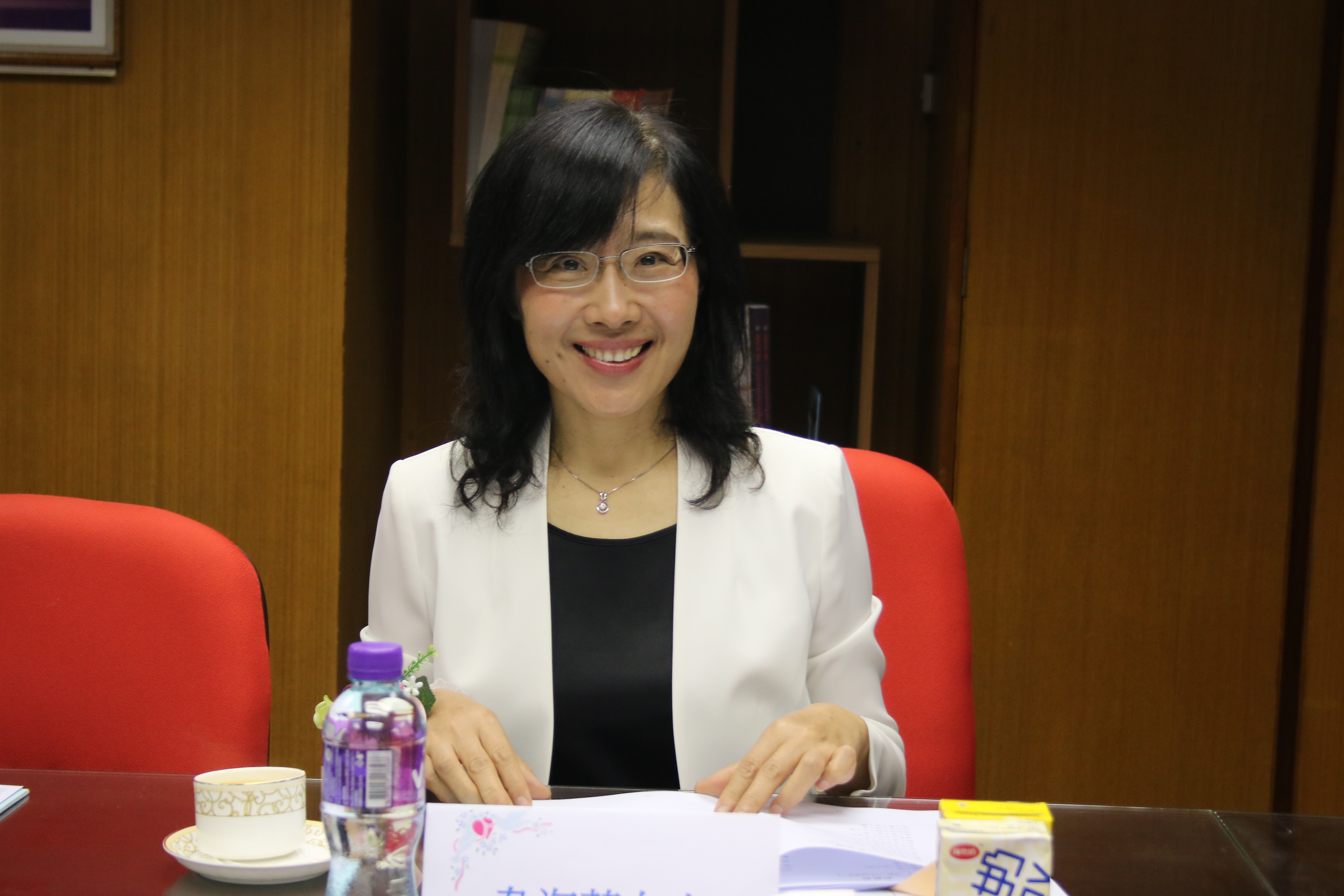 by Ms WEI Haiying (CHL) |
| 2 Mar 2019 14:30 - 17:20 B4-LP-01 |
Patterns of Classroom Interaction This session explores the strengths and limitations of different ways of organising classrooms (individual work, pair and group work) and considers how the limitations could be overcome.  by Dr John TRENT (ELE) |
| 8 Mar 2019 18:30 - 20:20 D1-LP-03 |
Language Shift, Maintenance and Change We will explore the following concepts through case studies and video clips  by Dr Marieke MARTIN (LML) |
| 11 Mar 2019 17:30 - 20:20 D1-G/F-03 |
Cognitive Neuroscience of Human Memory Can you imagine a life without memory? How does the brain perform the amasing feat of, say, helping you remember that there is going to be a class about memory on March 11 2019? In this lesson, we will learn how the brain encodes new information as well as retrieves the past. We will explore how neuroscientists use multiple techniques such as EEG and fMRI to study how human memory works. 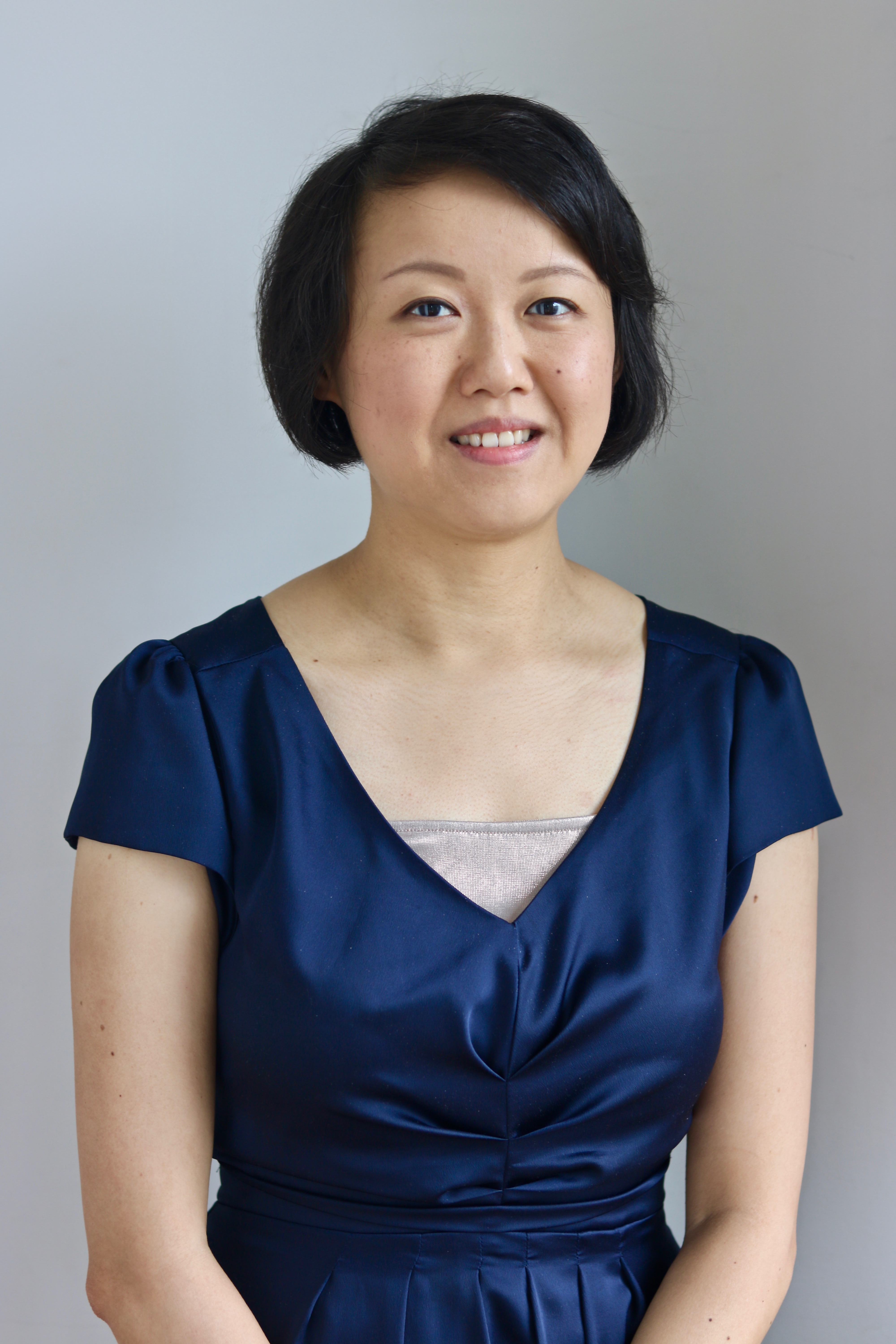 by Dr YEE Ting Sum Lydia (PS) |
| 14 Mar 2019 16:30 - 18:20 D1-LP-03 |
Why the Rule of Law? Geopolitics and the Making of the Rule of Law of Hong Kong The rule of law is taken for granted as the core value contributing to Hong Kong’s success. However, the question of why and how it and its institution – the legal system were built up remains overlooked. In this lecture, Choi points out that the gist of the development of Hong Kong’s rule of law was in the cold war period. The impartial nature of the legal system had been utilised by the colonial government to neutralise itself when coping with international political challenges and to withdraw from the whirlpool of the cold war politics.  by Mr CHOI Chun Wai Sam (APS) |
| 22 Mar 2019 9:30 - 12:20 B1-LP-04 |
Final Project Idea Presentation and Discussion (Group) Student (in group) will present their idea and research data on Cultural issue / Heritage issue in the class. (Group visual and data presentation, experience sharing idea generation and discussion)  by Dr HUNG Keung (CCA) |
| Mar - May 2019 online learning module |
Teaching with Intelligence The emphasis of this online self-learning module is on how intelligence of individual learners interact with various other factors that affect learning processes, including the way teachers teach, and how that interaction leads to different educational outcomes. The module has four sections: Introduction to Intelligence, Assessment of Intelligence, Theories of Intelligence, and Intelligence and Special Needs. Various learning activities, including videos, mini games, self-reflection exercises, article reading, case analysis and knowledge-check activities, are used to facilitate student learning. To complete the module, students have to get satisfactory performances on the learning activities in all sections. 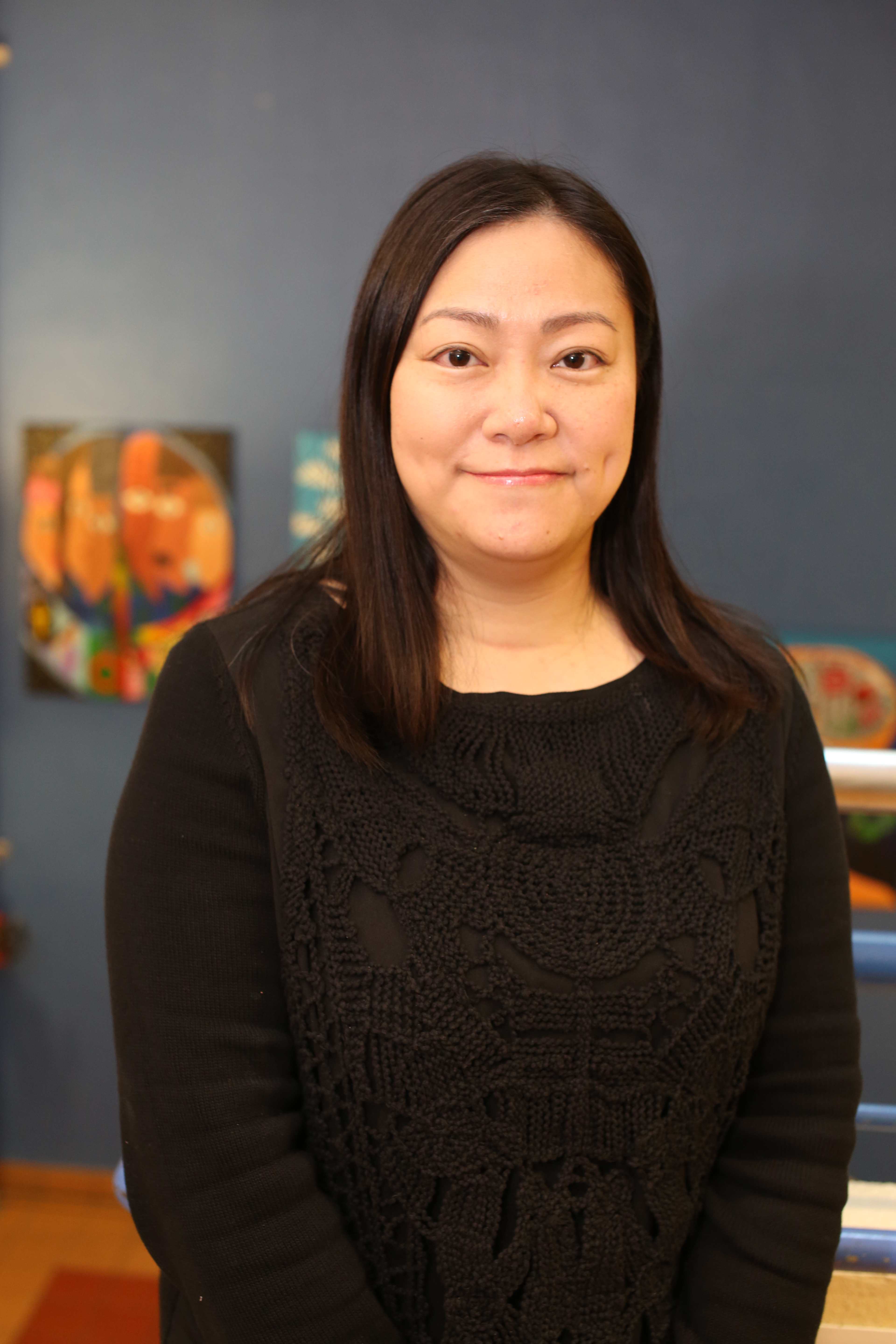 by Dr CHAN Wing Yan Arita (PS) |
| Mar - May 2019 online learning module |
學以智用* The emphasis of this online self-learning module is on how intelligence of individual learners interact with various other factors that affect learning processes, including the way teachers teach, and how that interaction leads to different educational outcomes. The module has four sections: Introduction to Intelligence, Assessment of Intelligence, Theories of Intelligence, and Intelligence and Special Needs. Various learning activities, including videos, mini games, self-reflection exercises, article reading, case analysis and knowledge-check activities, are used to facilitate student learning. To complete the module, students have to get satisfactory performances on the learning activities in all sections. 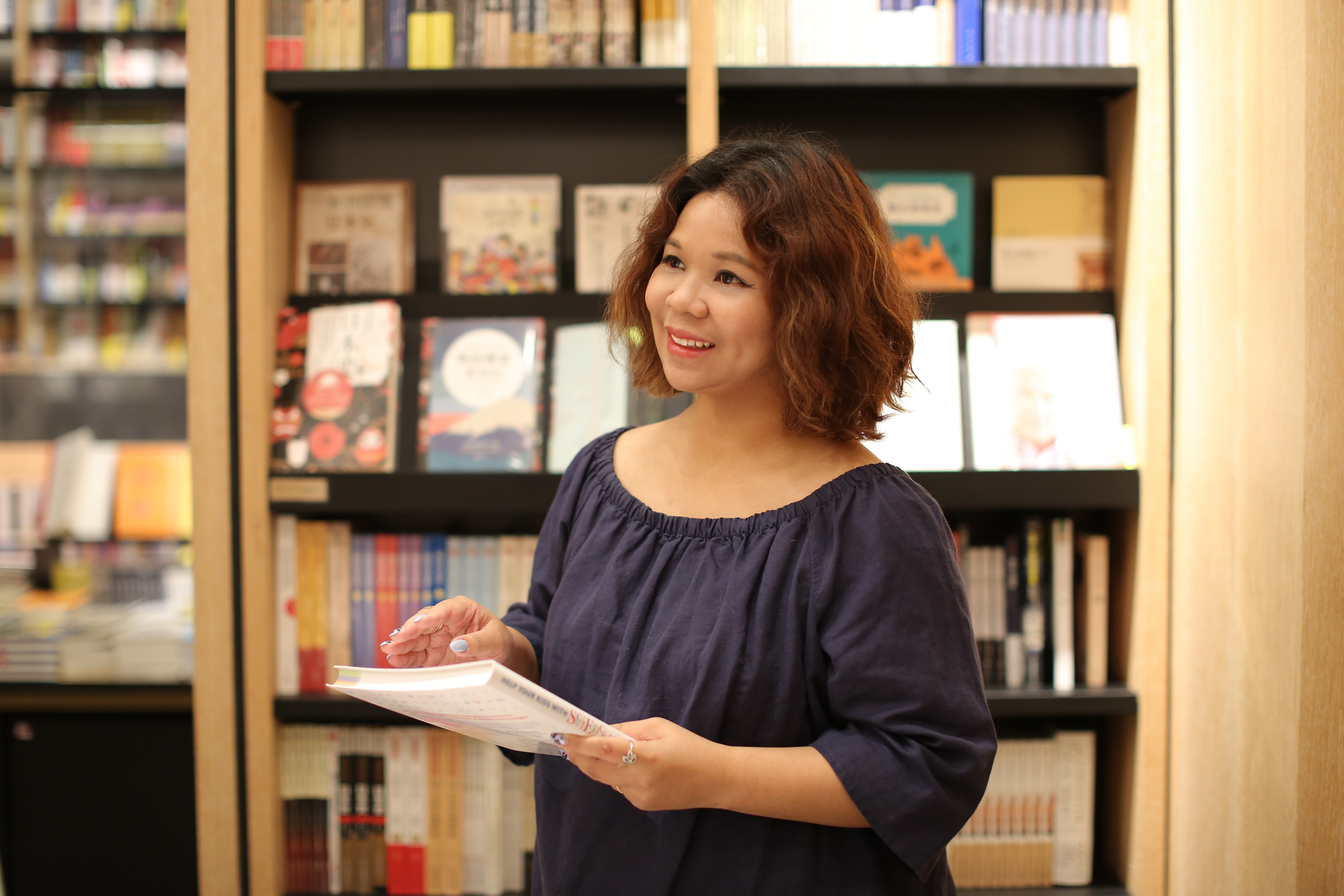 by Dr WAN Lai Yin Sarah (PS) |
* Language: Cantonese
† Language: Putonghua






